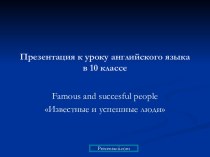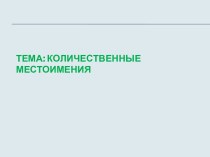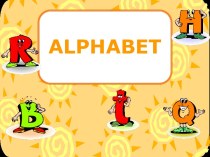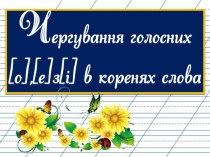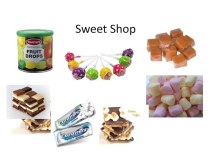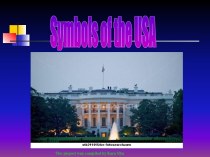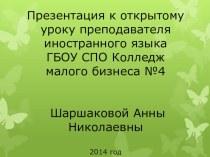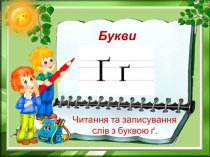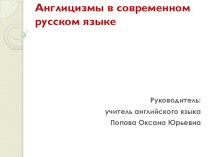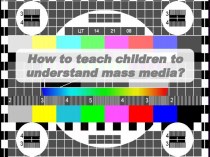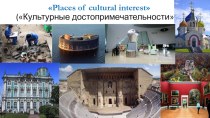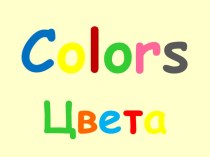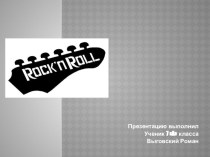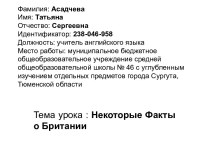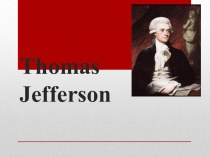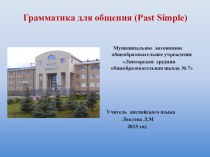- Главная
- Разное
- Бизнес и предпринимательство
- Образование
- Развлечения
- Государство
- Спорт
- Графика
- Культурология
- Еда и кулинария
- Лингвистика
- Религиоведение
- Черчение
- Физкультура
- ИЗО
- Психология
- Социология
- Английский язык
- Астрономия
- Алгебра
- Биология
- География
- Геометрия
- Детские презентации
- Информатика
- История
- Литература
- Маркетинг
- Математика
- Медицина
- Менеджмент
- Музыка
- МХК
- Немецкий язык
- ОБЖ
- Обществознание
- Окружающий мир
- Педагогика
- Русский язык
- Технология
- Физика
- Философия
- Химия
- Шаблоны, картинки для презентаций
- Экология
- Экономика
- Юриспруденция
Что такое findslide.org?
FindSlide.org - это сайт презентаций, докладов, шаблонов в формате PowerPoint.
Обратная связь
Email: Нажмите что бы посмотреть
Презентация на тему по английскому языку: Субкультура. Футбольные фанаты
Содержание
- 2. Football fans - those who violate public
- 4. There are manifestations of their membership of
- 5. Fans' accessories
- 7. History of the movement in England
- 9. Development Working youth suburbs of large
- 10. At the most notorious and dangerous to
- 12. In the late 1970's - early 1980's
- 14. The modern stage At the present
- 15. Intersection of the warring factions are far
- 16. History of the development of movement in
- 18. The movement started to gain mass, and
- 19. Development The collapse of the Soviet
- 20. On a background of confrontation of the
- 22. The modern stage At present, the Russian
- 23. Among Russian hooligans are very strong ideas
- 24. Religious books • «Wherever we went,"
- 25. Cult movies: • Football Factory • A
- 30. Скачать презентацию
- 31. Похожие презентации
Football fans - those who violate public order, linking their actions with football predilections. Football hooligans themselves perceive their movement as a subculture. As a rule, certain acts motivated by hooliganism committed before or after football
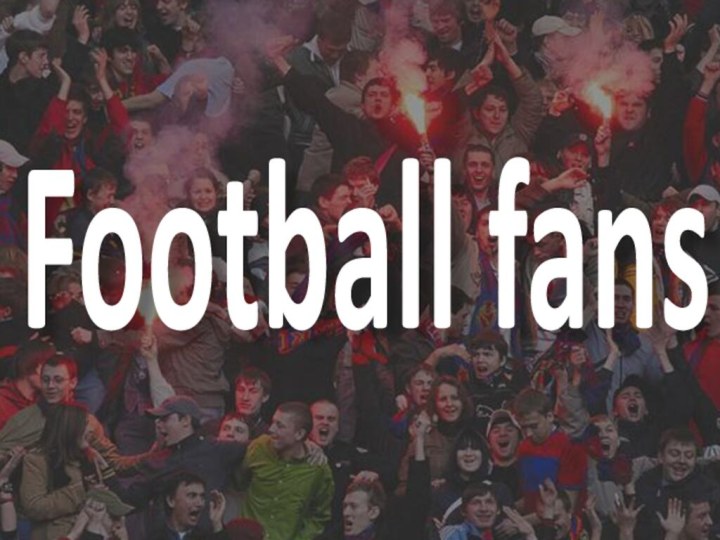
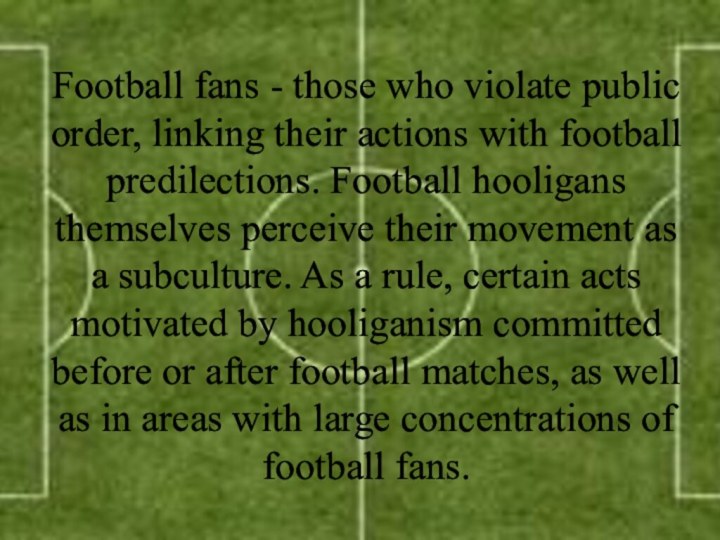
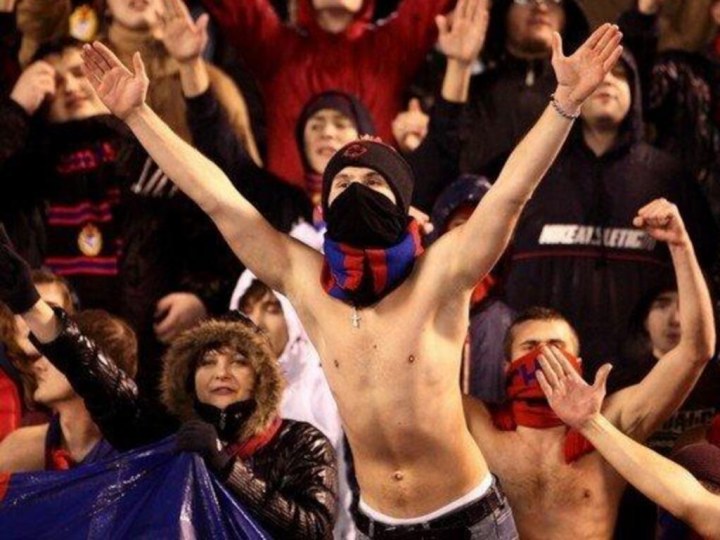

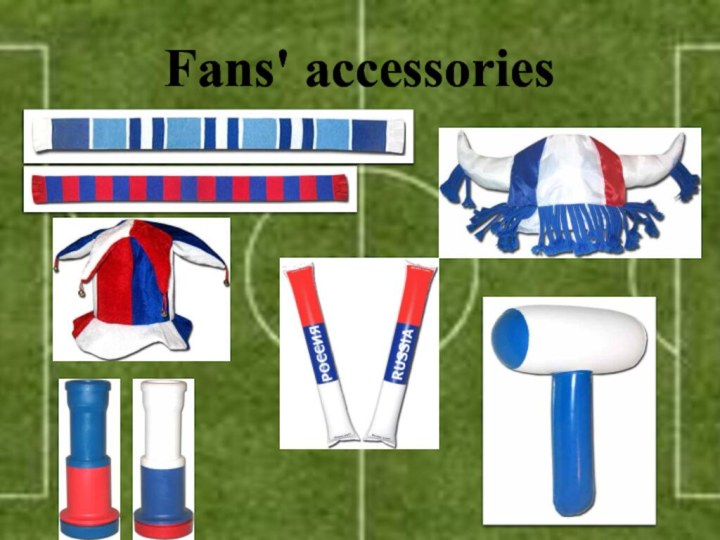
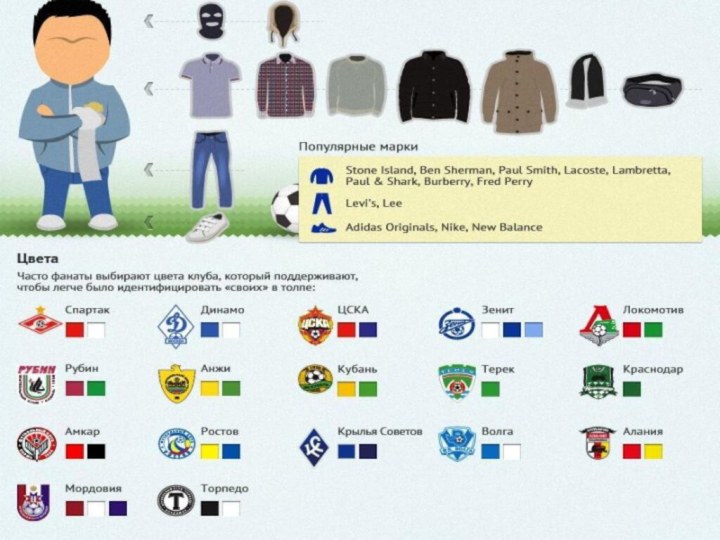







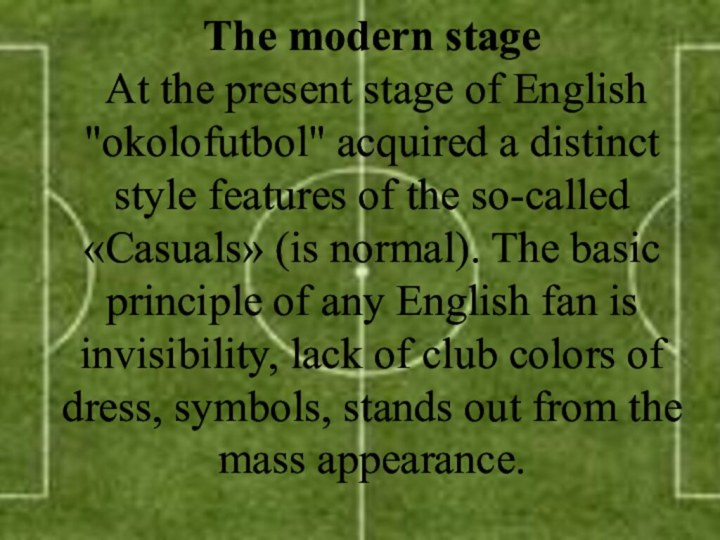





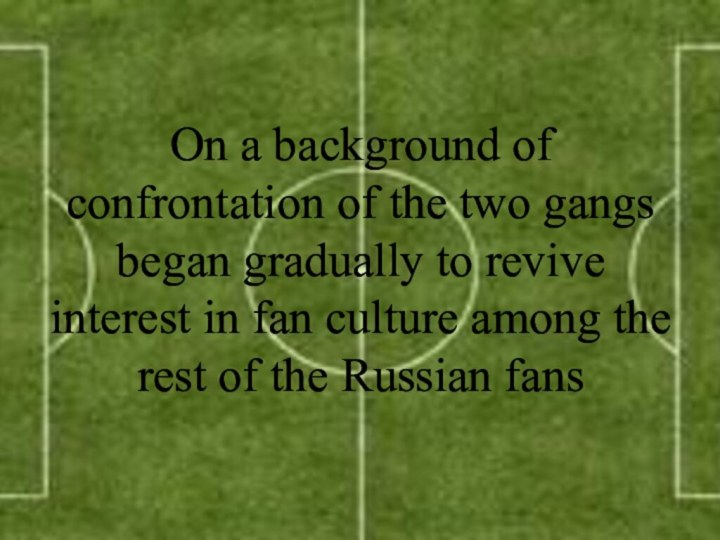
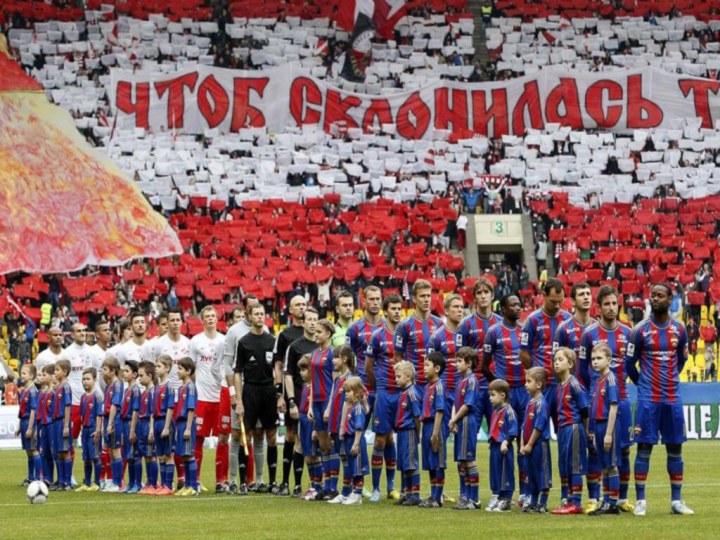
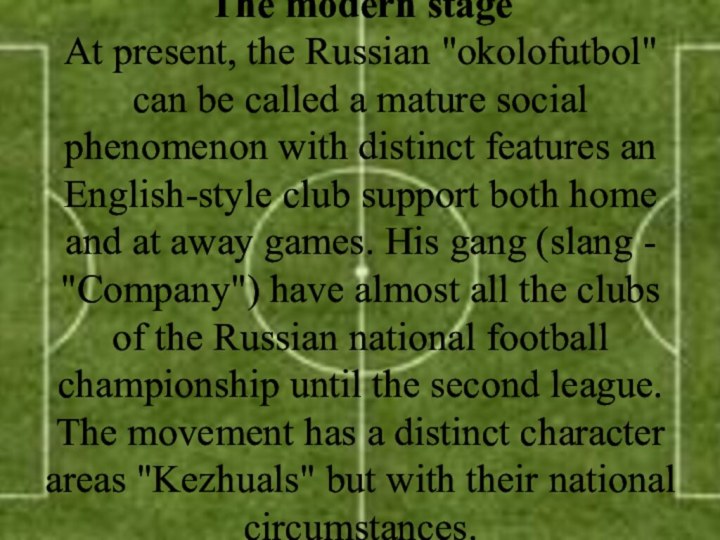
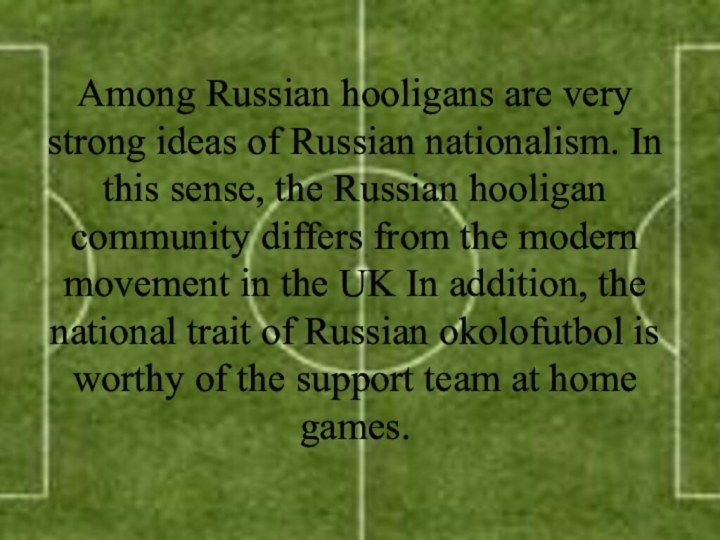
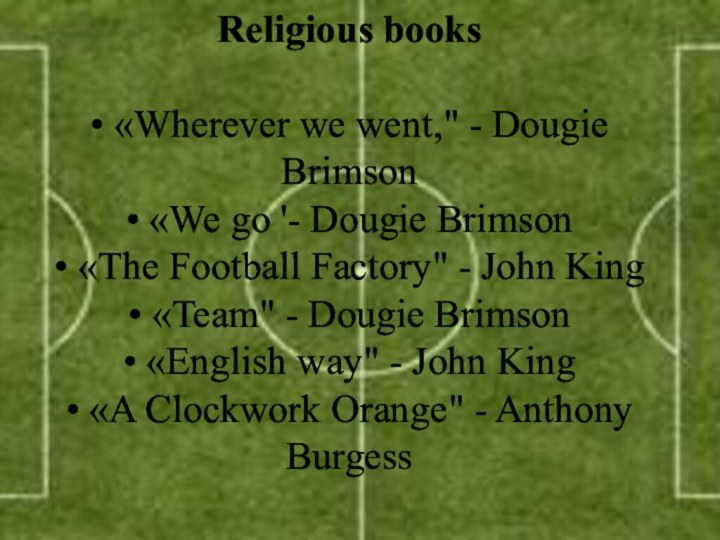



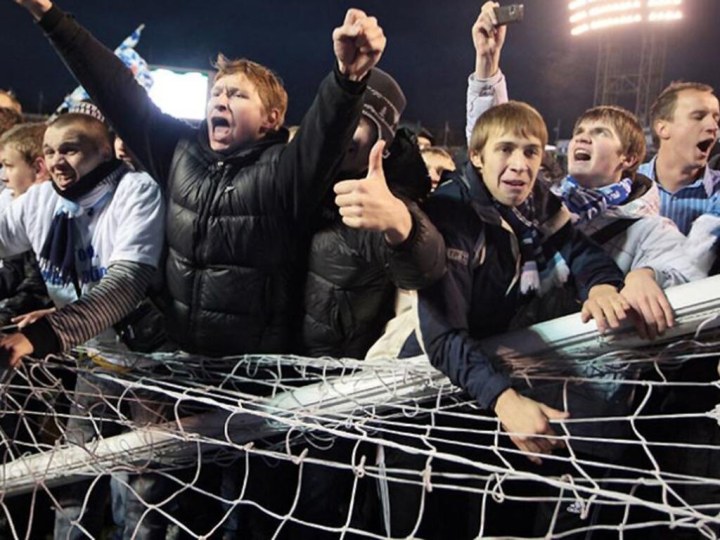
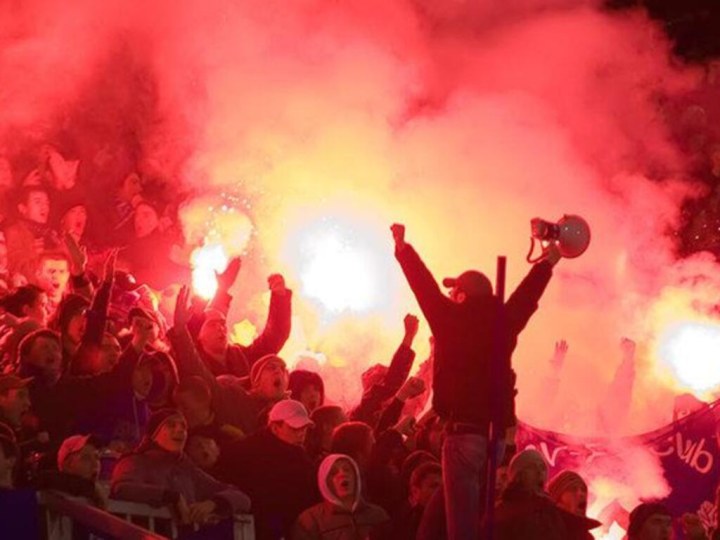

Слайд 4 There are manifestations of their membership of a
number of football fans:
External attributes
Particular style of conversation (football
slang)Collective practices (leaving, chants at the games, fighting)
